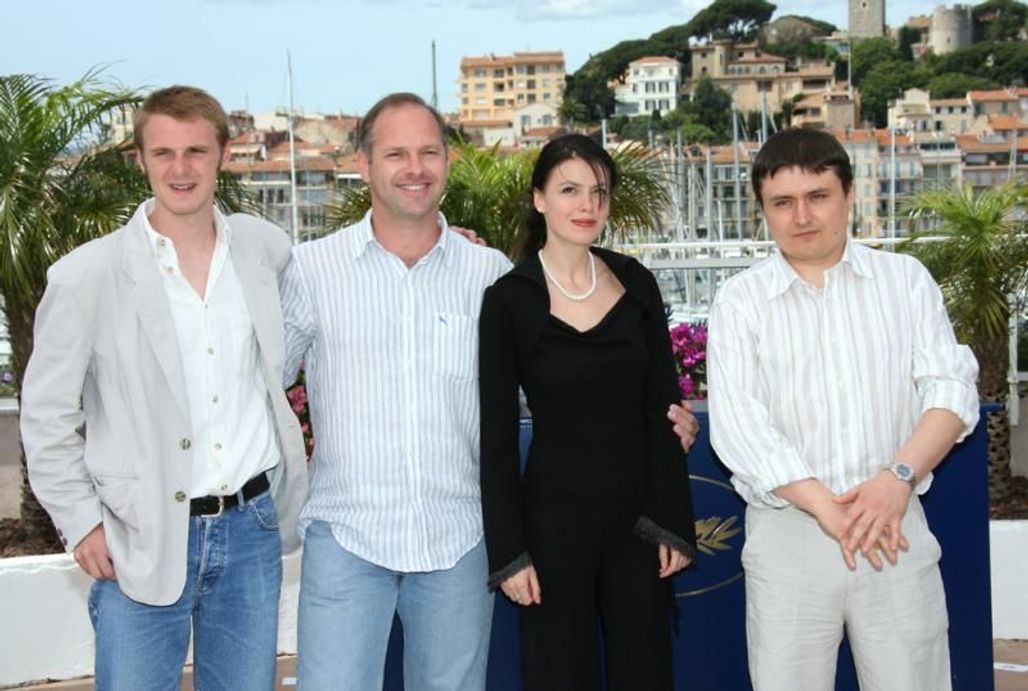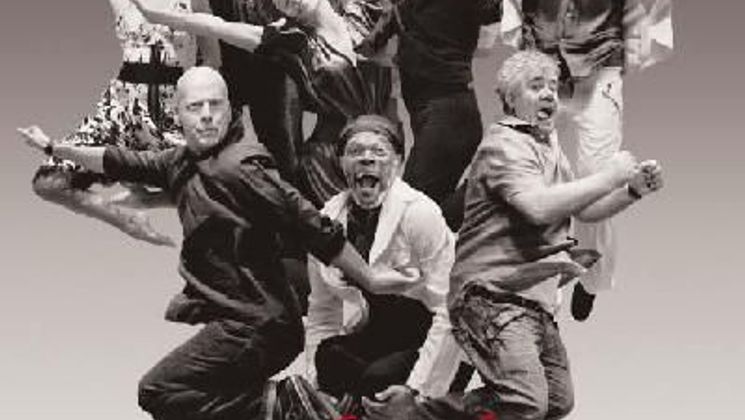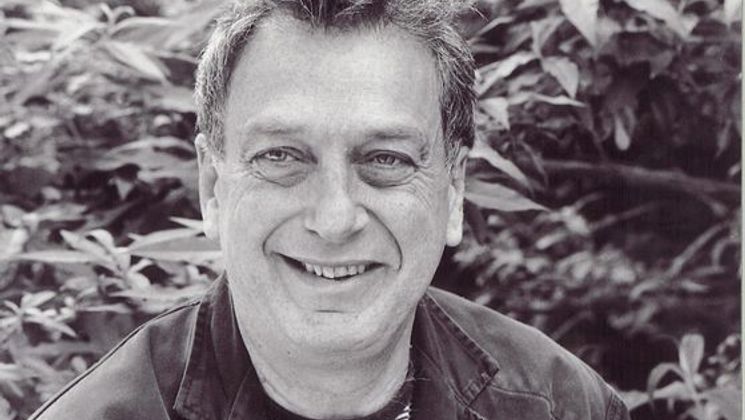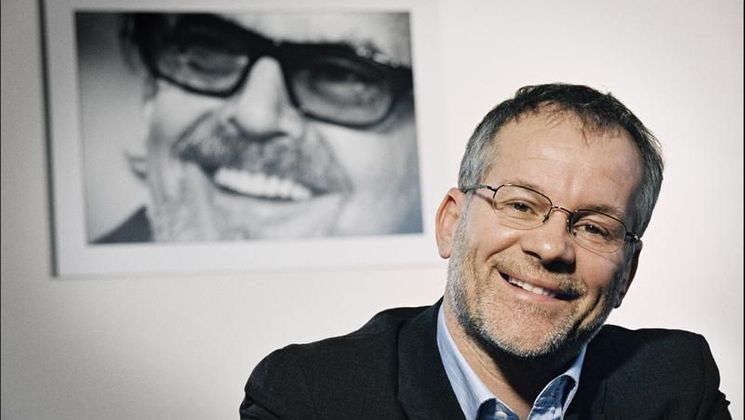
Press Conference: “4 Months, 3 Weeks and 2 Days”

The crew from the Romanian film 4 Months, 3 Weeks and 2 Days, presented in Competition, answered questions from the press. Accompanying the director Cristian Mungiu were actors
Laura Vasiliu, Vlad Ivanov, and Alex Potocean as well as cinematographer Oleg Mutu. Lead actress Anamaria Marinca is currently on a shoot and could not be present.
Cristian Mungiu concerning his intentions: “I didn’t want to make a film about abortion or communism; I think that my film goes beyond that. There are allusions to communism such
as in the scene over a meal. Abortion is a good example of the influence propaganda and education had on us, even if we didn’t realize it at the moment.”
Cristian Mungiu explains the ban on abortion in Romania: “Abortion was legal in Romania up to 1966 and there was this law, Ceaucescu gave this very famous law that banned abortion in
order to have very big generations of people that would fulfil the expectations of the Communist world. The effect of that was that immediately after in the years that followed up to 1970 there
were four or five very big generations of people, four or five times bigger than before. Women were not prepared at all so they needed some time and there were a lot of children that came into
the world this way. And I came into this world this way and this is why I felt it important to make such a film… Abortion became quite popular; they weren’t legal but everybody could
try and hire somebody. It was not only about how much money you had but also what was your social position… Because of the pressure of the regime, women and families were so much concerned
with not being caught for making an illegal abortion that they didn’t give one minute of a thought about the moral issue…One of the first signs of freedom in Romania after the fall
of communism was to make abortions legal again… In the first two years, we had nearly 1 million abortions in a country of 20 million people.”
Cristian Mungiu on the real sets: “It really helps actors a lot to be placed in a real context, in a real situation and in a real environment. As you know sets are very conventional in
a way and actors should make an extra effort to get into the situation in a place that is not looking like the real place. This is one thing and the other thing is that you can never get the same
flavor from a set than you can have from a real space. And one of the things I like to exploit a lot in my films is the relation between the interior where I shoot and the exterior… I
absolutely want to see from this room that there is life outside going on. Nobody really cares about what goes on inside.”
Cristian Mungiu on the long scenes: “I wanted to have long sequences to give the time for the emotions to steep. If it had been possible technically speaking, the sequences would have
been even longer! Of course that makes it harder for the actors, especially since I required that they know their dialogue to a tee.”
Oleg Mutu on working with the director: “Cristian said he wanted a realistic atmosphere. He didn’t want the source of light to be too obvious and usually it’s kind of
difficult to produce this kind of effect. Normally we have a lot of rehearsals and then we add the lighting afterward. All of this took a long time. There was very little space and we had a big
camera too. We thought about it a lot before the shooting but it was during the shooting that we actually found our style.”
Cristian Mungiu on contemporary Romanian cinema: “In Romania, the cinema industry is weak because we don’t have a star system. Festival attention such as Cannes’s is very
beneficial and helps to assure a better distribution of the films. I am optimistic that Romanian cinema will continue to develop.”
Photo Copyright AFP


